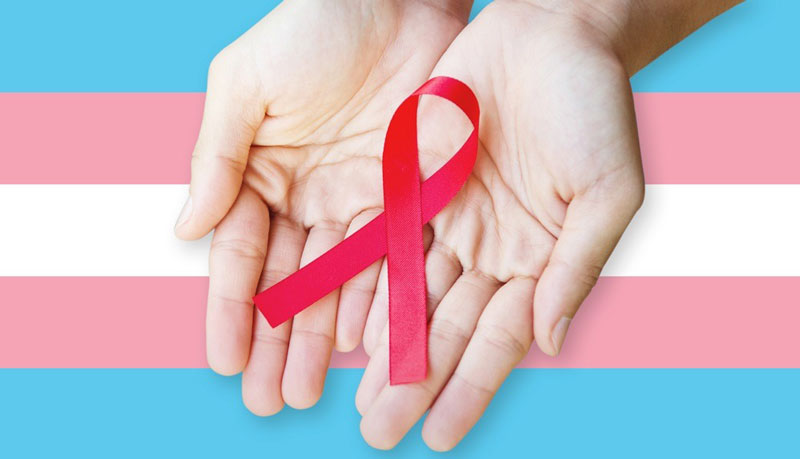The intersection of healthcare and marginalized communities brings to light unique challenges that require specific attention and understanding. One such community is the transgender population, which faces distinct hurdles when it comes to healthcare, with HIV being a significant concern. In this article, we delve into the landscape of transgender individuals and HIV, exploring the challenges they encounter and the importance of tailored awareness and care.
The Transgender Community and HIV
Transgender individuals, whose gender identity differs from the sex they were assigned at birth, often face discrimination, stigma, and limited access to healthcare services. These challenges are further compounded when dealing with health issues such as HIV.
Disproportionate HIV Rates: Studies consistently reveal that transgender individuals have a higher prevalence of HIV compared to the general population. Factors contributing to this disparity include socio-economic inequalities, discrimination, and lack of access to culturally sensitive healthcare.
Vulnerabilities and Risk Factors: The vulnerabilities that transgender individuals face can lead to increased engagement in risky behaviours. Survival sex work, substance abuse, and lack of awareness about HIV prevention contribute to their heightened risk of HIV transmission.

Challenges Faced by the Transgender Population
Stigma and Discrimination: Stigmatization of transgender individuals can deter them from seeking healthcare, including HIV testing and treatment. The fear of judgment or mistreatment can lead to delayed or inadequate care.
Lack of Cultural Competency: Healthcare providers may lack understanding about transgender health needs, leading to misdiagnosis or inappropriate care. The sensitive nature of transitioning and disclosure may not always be respected.
Limited Access to Healthcare: Many transgender individuals lack access to affordable healthcare services, including HIV testing, preventive measures like PrEP, and appropriate medical interventions.
Mental Health Impact: The experience of discrimination and social isolation can lead to mental health challenges, making individuals more susceptible to risky behaviours and less likely to prioritize healthcare.
Legal and Administrative Barriers: Legal gender marker discrepancies and challenges in obtaining identification documents that match one’s gender identity can create hurdles in accessing healthcare services.
Whether you’re seeking information about HIV prevention, access to PrEP, or general healthcare support, we’re just a call Texas Specialty Clinic at (469) 496-2454.

Addressing the Issue: Tailored Awareness and Care
Education and Awareness: Raising awareness about the specific challenges faced by transgender individuals is essential. This includes providing information about HIV transmission, prevention, and the importance of regular testing.
Culturally Sensitive Healthcare: Healthcare providers should receive training on transgender cultural competency. This involves using appropriate pronouns, respecting chosen names, and understanding the nuances of transgender health.
Accessible Testing and Treatment: Ensuring that transgender individuals have access to HIV testing, PrEP, and antiretroviral treatment is vital. This includes making these services affordable and available in a safe and inclusive environment.
Mental Health Support: Integrating mental health support into healthcare services can address the emotional challenges faced by transgender individuals, improving overall health outcomes.
Advocacy and Policy Changes: Advocacy efforts should focus on eradicating discriminatory practices and pushing for policy changes that protect the rights and health of transgender individuals.
The intersection of being transgender and facing the risk of HIV highlights the urgent need for tailored awareness, education, and comprehensive healthcare services. By acknowledging the challenges faced by transgender individuals and addressing them with sensitivity and inclusivity, we can work towards reducing the disproportionate rates of HIV within this community. It’s crucial for healthcare providers, policymakers, and society as a whole to come together to create an environment where transgender individuals receive the care and support they deserve, ensuring their health and well-being.
